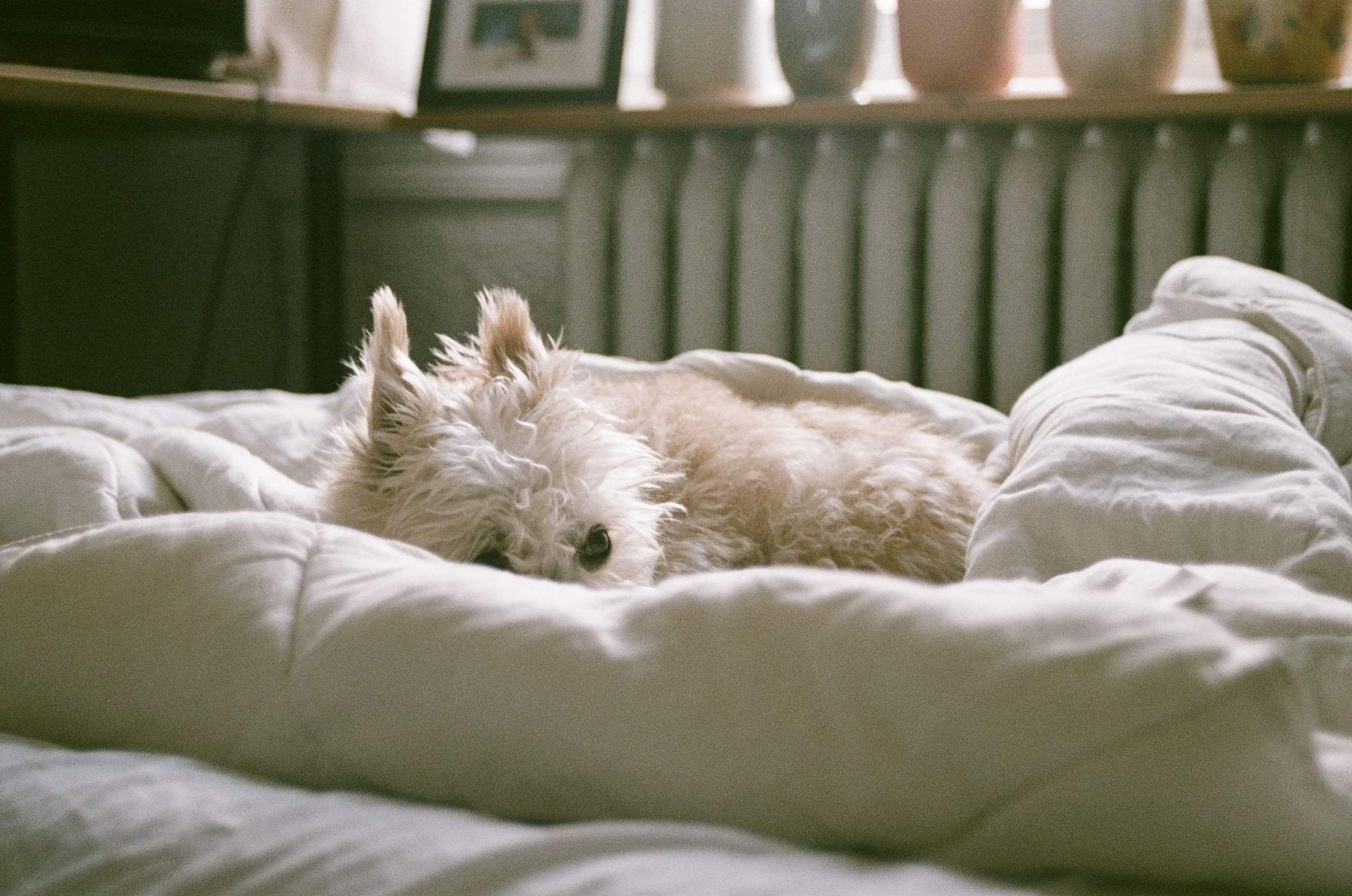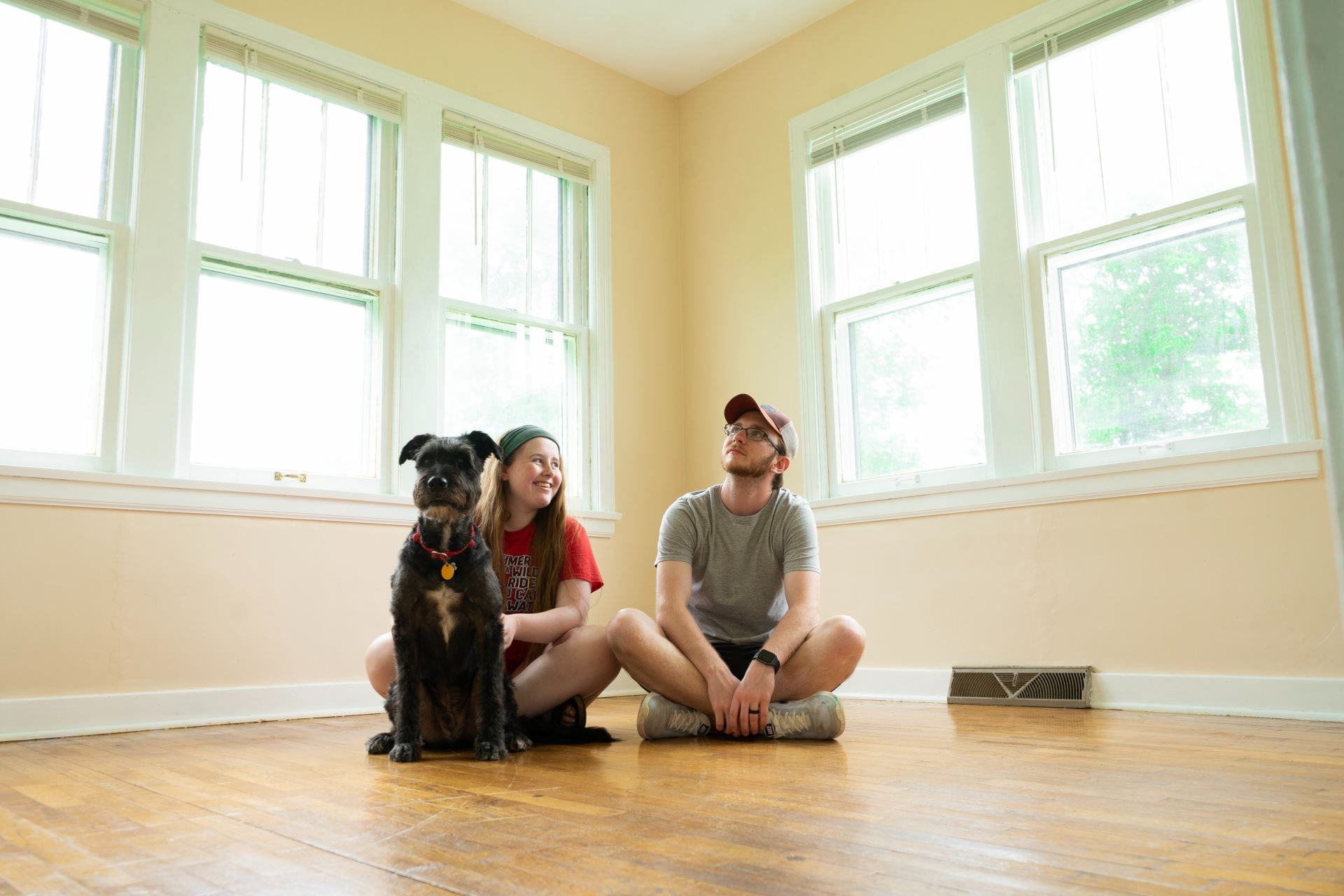Let’s explore the relationship between wanting things (material pleasures) and wanting to be comfortable. There are a lot of posts about minimalism on this blog, and there is a lot of talk about minimalism in general. Let’s give a small intro to that before moving into the main topic.
Minimalism
Minimalism is about reducing the amount of unneeded things you have. It’s a way of living that lowers your stress level by reducing your expenses. It’s a way of not worrying about your stuff breaking or getting stolen. It’s a way of not worrying about having to move. It’s about focusing on the things that bring you joy, and getting rid of the things that don’t.
Minimalism is not about giving up comforts.
Minimalism is about being able to move forward with your life without worrying about the things you own. It’s about not wasting your time and your money on things that aren’t necessary. It’s about living with the things you need, and letting go of the things you don’t.
That’s what minimalism is. It is not about giving up comfort. It’s about living with what you need, and letting go of the rest.
Again, minimalism is a broad topic, and it’s gathering a lot of interest in recent years, but let’s focus on just the specific topic of comfort within minimalism.
Comfort
To some people, comfort means a warm soft bed, a fluffy canine friend, and soup. To others, it means not having to worry about having a car accident, because you’ve purchased the absolute most comprehensive and expensive insurance plan that exists on the planet. Both are bringing peace of mind to you, either through physical sensation, or through a mental relief.
Increasing comfort
Many people make the mistake of thinking that they need to spoil themselves and spend a lot of money to live in luxury and comfort. But actually, by focusing on the results (the feeling of comfort) and not focusing on the cost, you can get a lot of comfort and happiness, for not a lot of money or time. Comfort is a state of mind, and it’s a choice. If you want to live in luxury, you can, but it doesn’t have to be expensive. You can feel luxurious in a lot of ways without spending a lot of money. And if you don’t spend a lot of money and time, you don’t have to worry about your things being taken away. That’s a really nice feeling.
Let’s take an example: luxury cars. People often idolize a specific brand or specific car that they associate with luxury or comfort. They want to feel the expensive cushy seats and relax back into the car as they drive. Or at least, that’s the fantasy. The reality is, they will be driving the same route to the same job, whether the car is expensive or not. If you want to be comfortable, then you can splash out and spend $100 to buy a really nice car seat cover with soft fabric / sheep skin, or even go wild and get one that massages and heats your seat up. Go crazy and buy one every year! Your total expenditure will be only one percent of the cost of a car. Right? It kind of hurts to have that dream car shattered, sorry about that! But I’ve actually just saved you from driving that same route to work for another (probably) 3-5 extra years, because now you don’t want to buy that luxury car! You can have the physical comfort that you wanted, without the huge expense and years of work.
Let’s take another example. Clothing. You can wear a $50 Gucci t-shirt (Mackelmore is famous for being particularly minimalist in his song Thrift Shop) or a similarly styled tshirt for $10. You won’t have the brand, but you will be mentally comfortable and not worried about spilling some ketchup on it, and throwing it in the wash normally, rather than fussing over it. Mental comfort is important too! Similarly, if you think that it will make you feel more safe and comfortable to carry around a $3000 gun in a $500 holster, think again! You’ll be just as protected with a $200 one in a comfortable concealed carry holster. The mugger isn’t going to ask the price tag of your weapon when it’s in his face. He’s just going to run! So save yourself the expense and give yourself the gift of affordable peace of mind.
In summary, comfort doesn’t have to be expensive. You can feel luxurious and comfortable without spending a lot of money.



